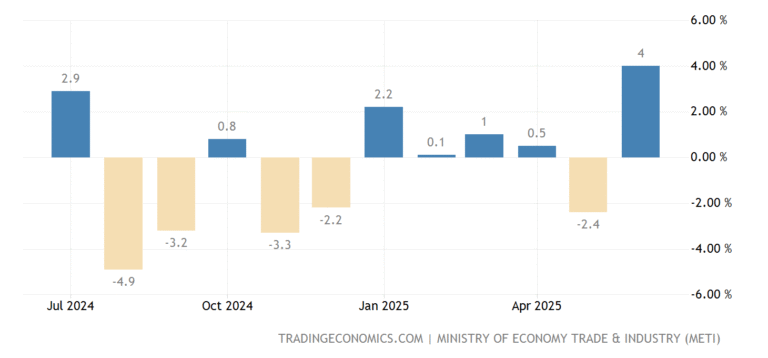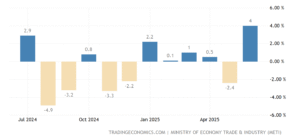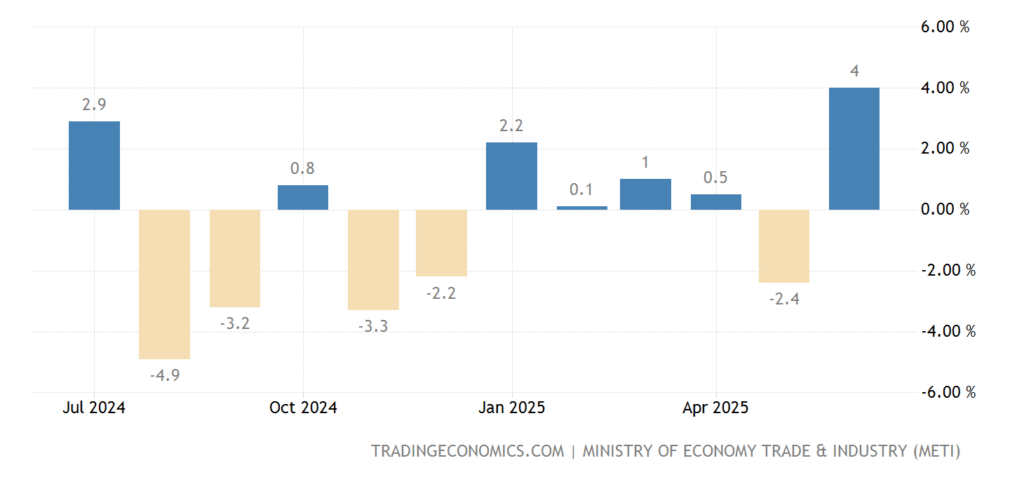Donald Trump reignited concerns over transatlantic trade relations on February 13, 2025, with a renewed threat to impose tariffs on European automobiles entering the United States. This announcement has raised alarms across European markets and diplomatic circles, highlighting the fragile state of ongoing trade negotiations between the world’s two largest economic blocs.
Rising tensions in US-Europe trade relations
Trump’s statement came amid stalled trade talks that aim to ease regulatory and tariff barriers on both sides of the Atlantic. The proposed tariffs could target a wide range of European carmakers, including industry giants such as Volkswagen, BMW, and Mercedes-Benz, potentially imposing duties of up to 25% on imported vehicles. The move echoes earlier tariff disputes during Trump’s presidency but signals a possible intensification as economic uncertainties persist globally.
The European Commission responded swiftly to the threat, emphasizing its commitment to defending the interests of European manufacturers and exporters. In a press release, European Trade Commissioner Elena García stated, “We urge the United States to engage constructively in dialogue rather than resort to protectionist measures that risk harming consumers and businesses on both sides.”
Impact on the automotive industry and markets
Europe’s automotive sector, a significant contributor to the continent’s economy, is particularly vulnerable to such tariff measures. According to the European Automobile Manufacturers Association (ACEA), exports of cars and automotive parts to the US represent over €40 billion annually, supporting millions of jobs across Europe.
Industry leaders voiced concerns over potential tariff barriers. Oliver Schmidt, CEO of a leading German car manufacturer, noted, “A sudden imposition of tariffs would disrupt supply chains and raise costs for consumers, threatening the competitiveness of European brands in the US market.”
Stock markets in both Europe and the US reacted cautiously, with shares of major automakers experiencing volatility in the wake of the announcement. Analysts warn that prolonged trade disputes could slow economic growth and complicate global supply chains already strained by recent geopolitical tensions.
The broader geopolitical context
This tariff threat arrives at a delicate time in US-Europe relations, marked by cooperation on security and climate initiatives but persistent disagreements on trade policies. The Biden administration, while distancing itself from some of Trump’s more aggressive trade tactics, has also maintained a firm stance on protecting domestic industries.
Trade experts suggest that the tariffs may be used as leverage in broader negotiations, aiming to extract concessions on regulatory standards, digital services taxation, or data privacy. “It’s a high-stakes game,” says trade analyst Maria Lopez. “Both sides risk escalating into a full-blown trade war if compromises aren’t found soon.”
Ongoing negotiations and potential outcomes
Negotiations between US and European officials are continuing behind closed doors, with several rounds of discussions scheduled for the coming months. Both sides have expressed a desire to avoid damaging tariffs but have yet to bridge significant gaps on key issues.
A spokesperson for the US Trade Representative’s office said, “We remain committed to fair and reciprocal trade agreements that protect American workers while fostering open markets.”
Industry watchers believe that a deal could include phased tariff reductions coupled with agreements on regulatory cooperation. However, the looming threat of tariffs serves as a reminder of the fragile balance in international trade diplomacy.
What this means for consumers and investors
If tariffs are implemented, American consumers could face higher prices on European luxury vehicles, while European exporters might seek alternative markets or adjust production strategies. Investors are advised to monitor developments closely as market conditions evolve.
Economists caution that trade barriers generally have a chilling effect on economic activity, reducing efficiency and innovation. The situation underscores the importance of maintaining open, rules-based trade frameworks in an increasingly interconnected global economy.
This article is for informational purposes only and does not constitute financial advice.












